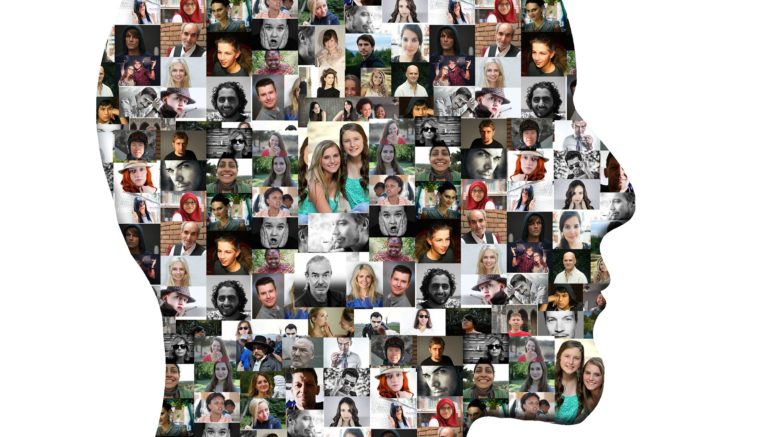We like to believe that most people think the same as we do. This explains the huge outpouring of surprise and shock at Trump’s victory. It also explains why so many marketing campaigns misfire. We’re intellectually aware of this bias, but struggle to take it into consideration and are rarely confronted with it in such a stark manner. Millions of people in the US are digesting the fact that most people don’t think like they do.
False Consensus Bias
Biases are fascinating. The one above is called the False Consensus Bias wherein we overestimate the amount of support there is for our opinions. We believe others share our worldview, and that it is right, so must be popular. We’re sure we have consensus – until we don’t. Hence the name False Consensus.
The False Consensus bias is stronger when the subject matter is important to us, when the circumstances are specific and when we’re very confident that our perspective is correct. So it’s no surprise that a general election, which checks all those boxes, distorts our opinions. And when the vote doesn’t go our way, we’re all-the-more surprised.
Just World Hypothesis
Another bias we tend to believe is the Just World Hypothesis. This one is grounded in the concept that life is essentially balanced – good things happen to good people, and bad people get their comeuppance. This implies the existence of cosmic justice or karma. You may have caught yourself saying ‘What goes around comes around’ or ‘You get what’s coming to you’ – that’s rooted in this concept.
In the late sixties, social psychologist Melvin Lerner studied this phenomenon. He noticed that caregivers although kind-hearted often blamed their patients for their circumstances. The Just World theory suggests our actions have predictable and appropriate consequences. If we work hard, we’ll do well. The guy at school who cheats won’t amount to much. The logic is that we need this underlying belief to validate our actions. After all, the world needs to be somewhat predictable and not totally random. Otherwise, we wouldn’t attempt to improve our circumstances.
The downside is this can lead to victim blaming – someone’s suffering must somehow be due to their actions rather than circumstance. For instance, homeless people are on the street of their own accord, not a societal shortcoming, or drug addicts lack self-control rather than suffering an illness.
In a marketing sense, you can see this in people who do a huge amount of research into buying a product. They feel more satisfaction, enjoyment, and perhaps self-righteousness than those who simply chose it at random. The product is the same, the price is the same – so from a strict economic value/utility perspective that’s illogical. But the ones who looked into the purchase in detail feel more validated as a reward for their efforts. The quick-choice group was just lucky – what do they know?
Now, you and I don’t suffer from these biases – but they are interesting to know. And perhaps we’ll recognize them in others. Poor souls, they don’t think like us and haven’t studied their effects, so of course, they’ll fall for them.
